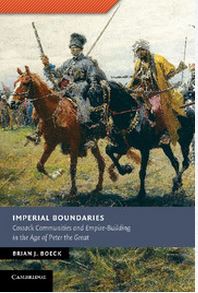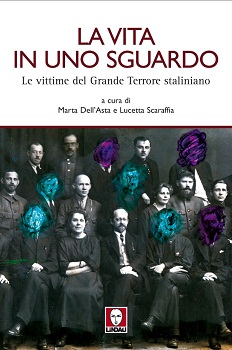 CWIHP Working Paper Series
CWIHP Working Paper Series
CWIHP Working Paper #69, “The (Inter-Communist) Cold War on Ice: Soviet-Czechoslovak Ice Hockey Politics, 1967-1969” presents new archival evidence on hockey’s role in the turbulent Soviet-Czechoslovak relationship in the period surrounding the Moscow-led Warsaw Pact invasion of Czechoslovakia in August 1968. In particular, never before published materials are presented from both sides on the reverberations from a Soviet-Czechoslovak hockey confrontation at the world championships in Vienna in March 1967—demonstrating that such tensions existed even before the rise of the Prague Spring—and, especially, on the hockey-related events in the spring of 1969, which had a major impact on Czechoslovak politics.
In CWIHP Working Paper #68, “Difficult to Draw a Balance Sheet”: Ottawa Views the 1974 Canada-USSR Hockey Series, author John Soares uses Canadian archival sources to examine the diplomatic planning and difficulties surrounding the 1974 Canada-USSR hockey series. Canadian Prime Minister Pierre Trudeau sought to reduce Cold War tensions and improve relations between Canada and the Soviet Union through cultural diplomacy, but the 1974 series was plagued with problems before, during and after players took the ice. Despite this, the Canadians and Soviet showed a willingness to cooperate in overcoming obstacles, but in the end, Canadian diplomats remarked, “it was hard to ‘draw a balance sheet’ of the series’ impact on Soviet-Canadian relations, but for historians of diplomacy this series clearly demonstrated the difficulties of pursuing cultural diplomacy.”
In CWIHP Working Paper No. 66, “The ‘Club of Politically Engaged Conformists’? The Communist Party of Czechoslovakia, Popular Opinion and the Crisis of Communism, 1956,” Kevin McDermott and Vítězslav Sommer argue that 1956 represented a ‘crisis of communism’ of monumental proportions in Eastern Europe, but that Czechoslovakia remained a haven of political stability, ideological orthodoxy and social cohesion despite the upheavals occurring in neighboring Poland and Hungary.













